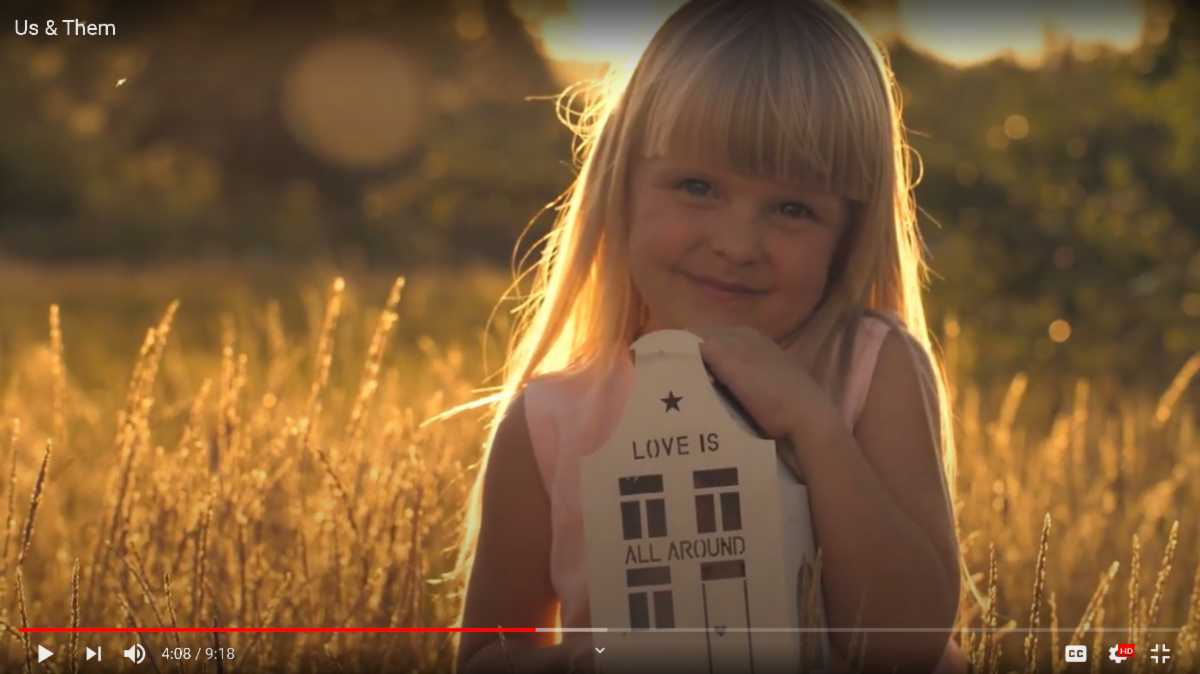I have been reflecting quite a bit about an increased dividedness I have observed and felt over the last couple of years. It is happening globally, nationally and locally. It is happening in politics, on social issues, and in our churches. This exacerbates the stress many experience on a regular basis in the workplace and in our personal relationships.
I have participated in conversations about the divisiveness and polarization evident in these days. I have read much on the subject looking for answers. What is most poignant to me is the distress that this is causing people. Living in conflict as a result of the way differing views are handled has increased stress and a feeling of a lack of safety and trust for many. I have experienced many people operating from a stance of defensiveness. The thought seems to be “I need to protect my beliefs and my values.” Many are left feeling isolated, dismissed, and judged. It leaves me wondering about a path to healing.
It’s not likely that the path to healing comes from trying to convince others to see things “my way” or the “right way.” I’ve seen this in action way too often only to see the same end result; ongoing conflict, anger, mistrust and further division.
Is there another way to healing? Maybe it starts by recognizing that people have never agreed on everything all the time, and likely never will. Can we accept the possibility that there are times when we can live with differences, and that these differences do not need to divide us? In fact, isn’t it our differences that make each of us special and unique? Diversity of thought and opinion are a key source of strength for our society and we should embrace them a little more. After all, we ultimately still have much in common than not – biggest of all, our humanity. I think part of the answer lies in an article I read from the Zur Institute titled “Seeing Through New Eyes” (https://www.zurinstitute.com/clinical-updates/seeing-through-new-eyes/). It is written in the context of the therapeutic relationship and it can also cast a wider net onto the broader issue of division in our country and world. I encourage any and all to read the article. It offers a different and helpful perspective on addressing the issue. A quote that I find particularly helpful is this:
What if “we cannot be really free when we are pushing the other out of our hearts, when we are marginalizing the other to be outside of our frame? How can we see “the hundred universes that each of us sees” (Proust, 1923*) without having them being filtered automatically through labels and stereotypes? What would it be like to look through another’s eyes as a way of healing our community, our country, and our world?”
If you are experiencing distress from the divisiveness and polarization of our times, you may consider reaching out to one of our counselors at the Center for Pastoral Counseling of Virginia to find support on your road to healing. Find us at www.pastoralcounseling.com
*Marcel Proust, The Prisoner, Vol. 5, Ch. 2. Originally published in French, in 1923, and first translated into English by C. K. Moncrief
From https://economyandmarkets.com/economy/extreme-racism-divisiveness-macro-micro-solutions/
Request an Appointment
Individiual, Couples, Pre-Marital, Family,
Children's Counseling and Clergy Assessement
Was It Helpful To You?



